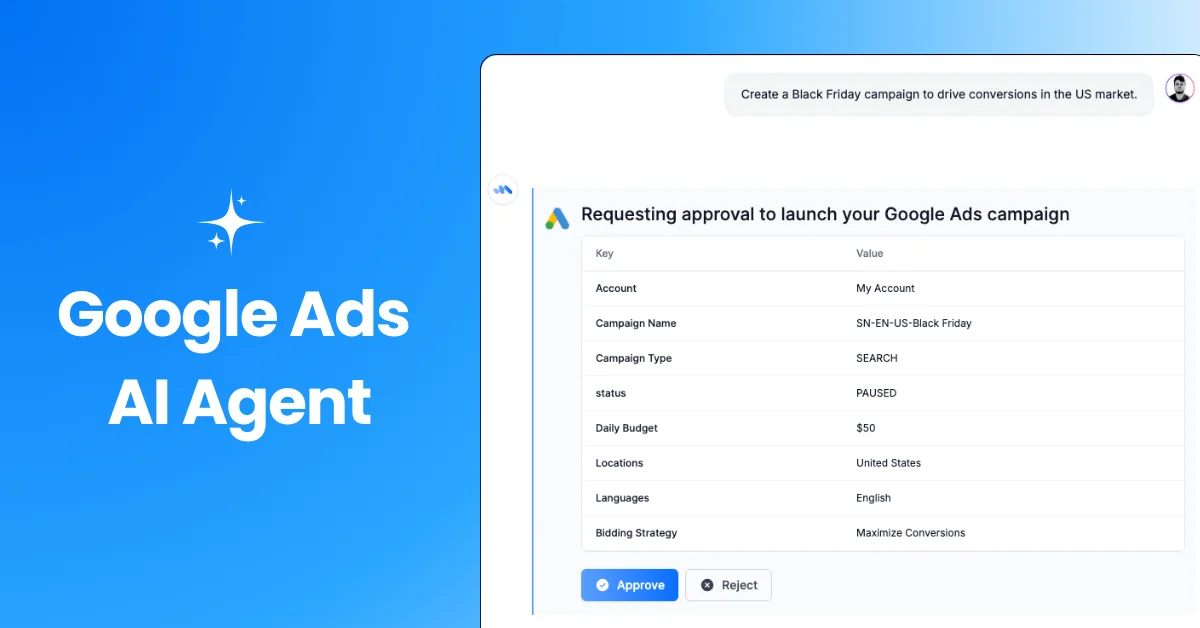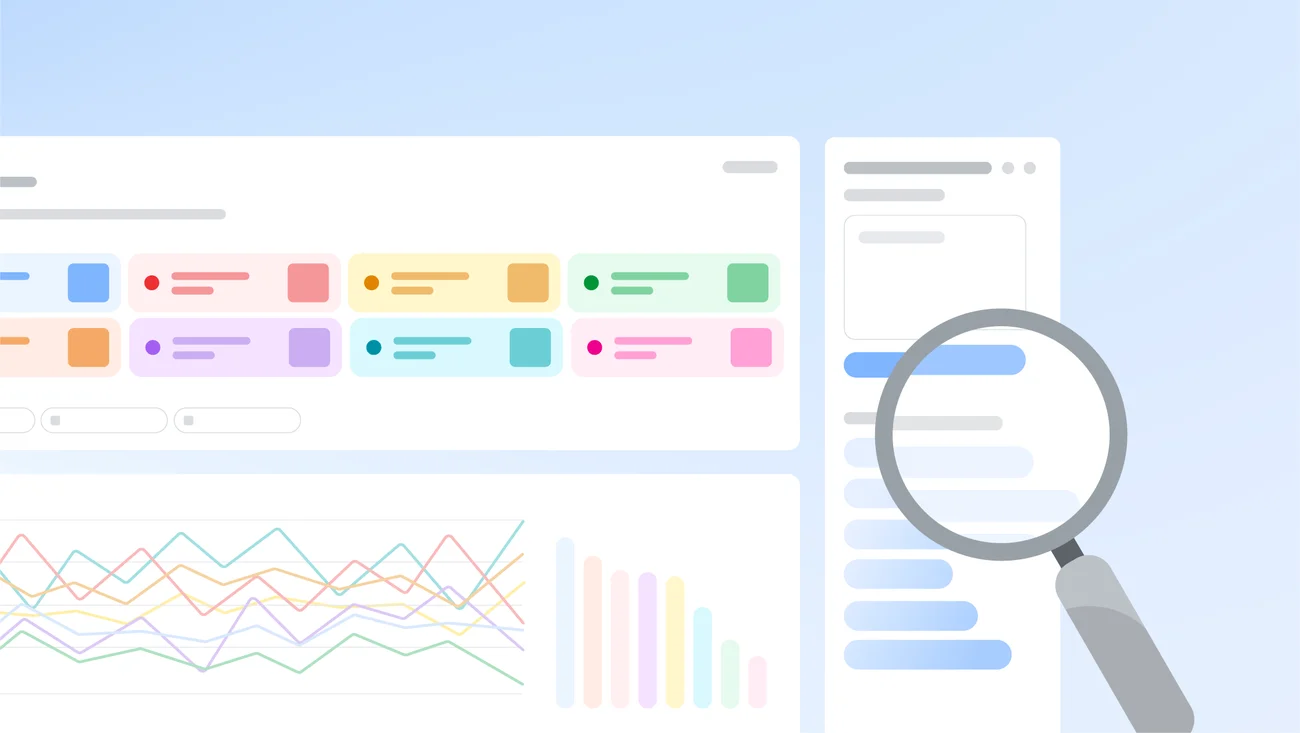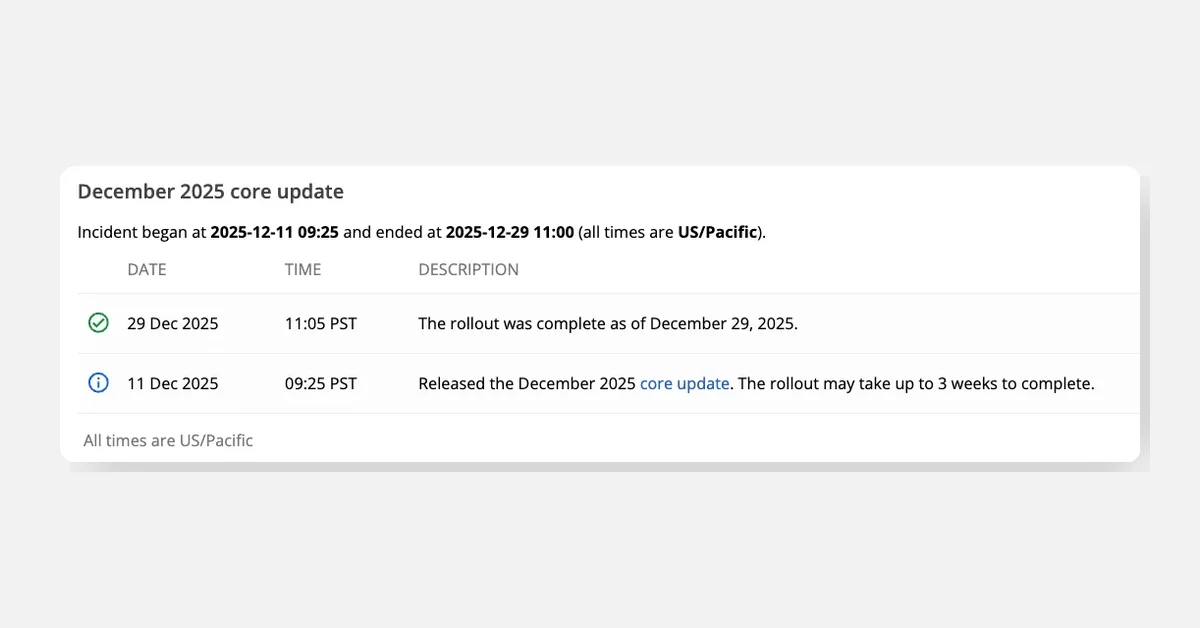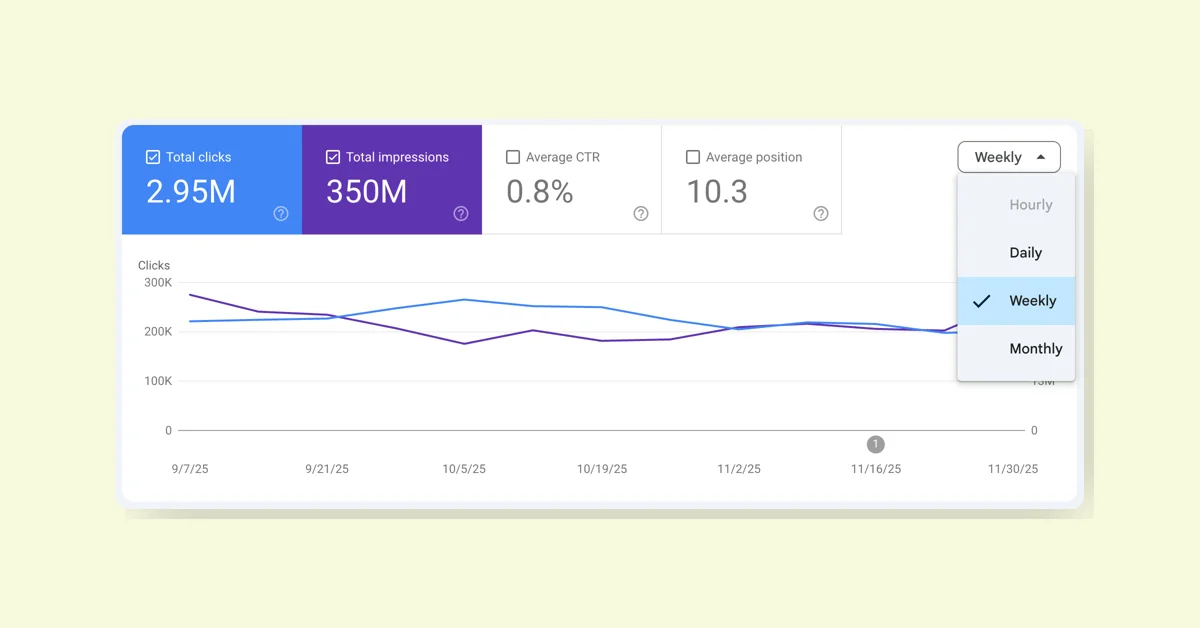In a recent video from Google Search Central, Martin Splitt, a Search Relations Developer Advocate at Google, shared three essential tips to improve website performance. While emphasizing that page loading speed and Core Web Vitals aren't as crucial for search rankings as content relevance, Splitt noted that faster websites can significantly enhance user experience.
Tip 1: Optimize JavaScript Usage
The first and most technical tip focuses on managing JavaScript resources. Large JavaScript files can slow down page loading as browsers need time to parse and execute them. Splitt recommends:
- Reducing overall JavaScript usage
- Implementing code splitting to load only necessary parts of code for each page
- Utilizing content hashing to maximize file caching
While this tip requires developer expertise, it can lead to substantial speed improvements.
Tip 2: Avoid Unnecessary Redirects
The second tip addresses the issue of accidental redirects. While some redirects are necessary (e.g., after domain changes or site migrations), many can be avoided. Splitt advises:
- Checking internal links to ensure they point to current URLs rather than old ones
- Eliminating extra network round trips that delay content access
This practice helps users reach content more quickly and efficiently.
Tip 3: Optimize Images
The final tip covers image optimization, a complex but crucial aspect of website performance. Splitt's recommendations include:
- Choosing appropriate image file formats and compression settings
- Serving correctly sized images for users' devices
- Implementing responsive images
- Using the "loading=lazy" HTML attribute for images not immediately visible on the page
While these improvements may not directly impact Google Search rankings, they can significantly enhance user experience. Splitt emphasizes that Google Search prioritizes showing the most relevant content, even if the page experience isn't optimal. However, a faster website can lead to happier users, which is beneficial for any online presence.




















